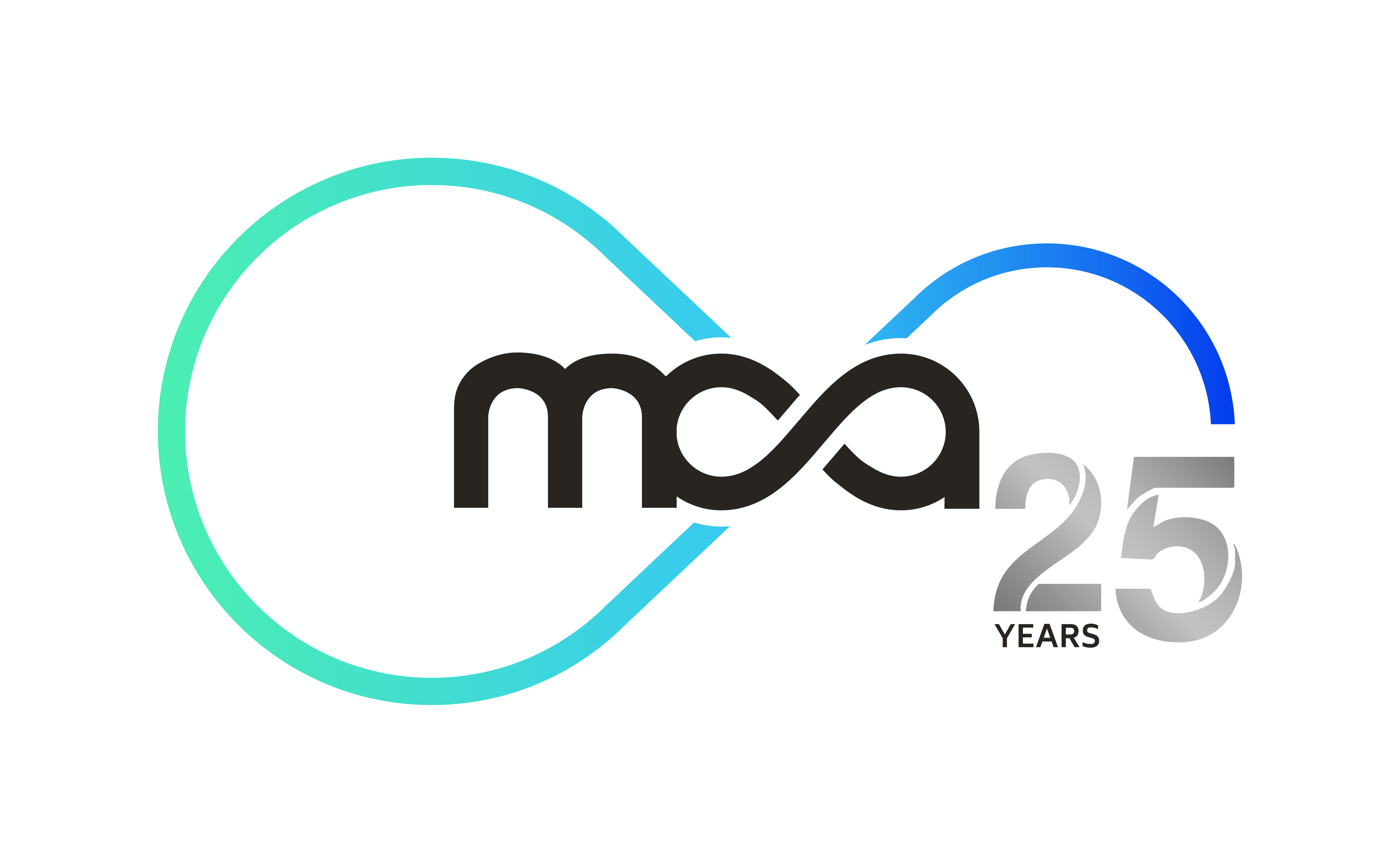Seminar: Use of ICT by minors & their parents' perceptions
The survey was carried out amongst students and their parents with the aim of gauging children’s access, use, usage intensity, and perceptions of the Internet, its use and associated risks. In tandem, the parents’ perceptions on their children’s’ internet usage patterns and online risks were also collected with the purpose of investigating any divergences from those reported by the children. A total of 3137 questionnaires were received from students and parents with a total of 1324 paired questionnaires.
The study shows that almost all respondents (99.4%) have access to the Internet with the vast majority having a connection at home (97.57%) and making use of it on a daily basis (59%). The tablet has marginally surpassed all other devices that allow access to the Internet. Further analysis of this data shows that mobile phones are the most popular devices used among the older students (Form 2 to Form 4). Interestingly, over 22% of parents do know that their children are using a mobile phone to access the Internet.
Whilst playing games and watching videos over the Internet remain the two most popular activities undertaken by students, the potential of the Internet for school is recognised by students with an increasing use of the Internet for schools work being reported as students’ get older. A direct relationship between age and social networking and chatting also exists which activities seem to replace online games. A clear distinction exists in the activities undertaken by boys and those undertaken by girls.
Facebook is the most popular social networking site amongst students with just over 95% of all students in form 3 and 5 having a profile on the social networking site. This study shed light on the percentage of children between the ages of 8 and 12 who have lied about their age with the intention of creating a Facebook account. The study reveals that 47.5% of these students have an account which is in breach of Facebook’s policy which does not allow for under 13 year old children to create their own profile. Approximately half of these students also claim to be aware that pictures of them are available online.
Although children seem confident, with many claiming that the Internet is a safe place for people their age, generally both parents and their children demonstrate an awareness of the potential risks that the Internet may present.
Mr. Steve Agius, representative of the Malta Communications Authority, held that this study helps to inform the BeSmartOnline! project with the Authority leads and implements together with the Foundation for Social Welfare Services, the Office of the Commissioner for Children, and the Directorate for Quality and Standards in Education. It helps understand the needs of children and parents in order to ensure that children can safely enjoy themselves online. The Chairman also pointed that the level of recognition achieve by BeSmartOnline!, as transpired by this research, is commendable and further encourages the Authority to work harder in this field.
Commenting on these results, Hon. Dr Herrera, stated that “the results obtained through surveys show that the initiatives being undertaken to address the objectives of Digital Malta are bearing their fruit” he continued by claiming that “these results provide a clear overview of where further action needs to be taken in order for Malta to truly become a digitally-enabled nation.”
The study has been made possible through the support of the Education Directorates, the Secretariat for Catholic Education (Church Schools), the Independent Schools Association, the BeSmartOnline! Consortium partners and the 17 schools that participated in the study.
Click to view:
Presentation: BeSmartOnline! by Mark Spiteri





